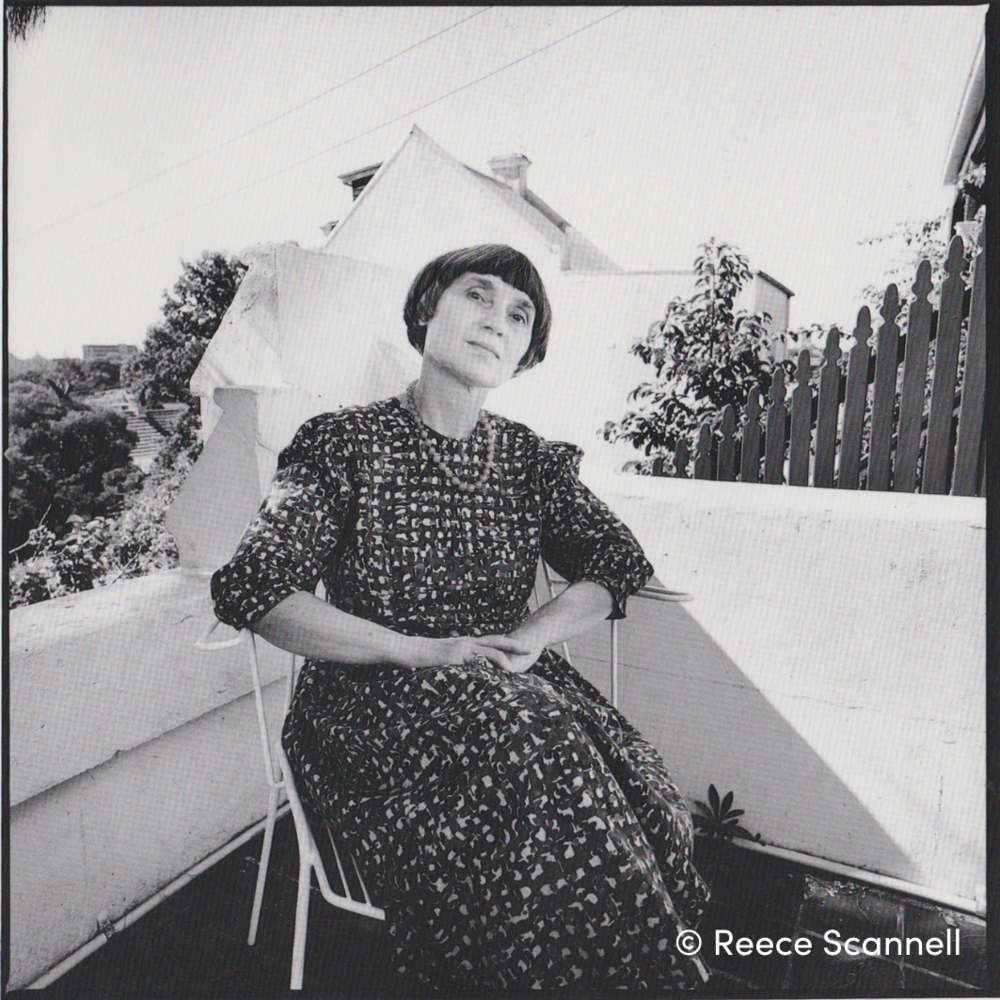7.12.22
 The ASA was deeply saddened to hear of the passing of distinguished poet and author, Antigone Kefala. Antigone was one of the founding members of the ASA and made an invaluable contribution to the literary community.
The ASA was deeply saddened to hear of the passing of distinguished poet and author, Antigone Kefala. Antigone was one of the founding members of the ASA and made an invaluable contribution to the literary community.
Born in Brăila, Romania to Greek parents, Antigone’s family relocated first to Greece, then New Zealand, and then finally, Australia. She began writing in the 1960s after moving to Sydney, and went on to publish multiple collections of poetry including The Alien, Thirsty Weather, European Notebook, Absence: New and Selected Poems, and Fragments, which was shortlisted for the Prime Minister’s Award for Poetry, and won the 2017 Judith Wright Calanthe Award at the Queensland Literary Awards. Antigone also authored three novels - The First Journey, The Island, and Alexia - and multiple collections of her journals.
Her publisher, Ivor Indyk (Giramondo), said, ‘Antigone was a wonderful friend and a vital force – resolute in the face of indifference, curious, combative, satirical. Her feel for the power of the language, when used sparingly and with an appreciation for implication and resonance, is a major contribution to Australian writing. She was also a great chronicler of our times, and her journals offer wonderful insights into friendship, manners, nature, and the lurking presences of death.’
Antigone was also the subject of anthologies written about her life and work, including Antigone Kefala: New Australian Modernities, edited by Elizabeth McMahon and Brigitta Olubas. The introduction states, ‘Antigone Kefala is one of the most significant of the Australian writers who have come from elsewhere; it would be difficult to overstate the significance of her life and work in the culture of this nation. Over the last half-century, her poetry and prose have reshaped and expanded Australian literature and prompted us to re-examine its premises and capacities. From the force of her poetic imagery and the cadences of her phrases and her sentences to the large philosophical and historical questions she poses and to which she responds, Kefala has generated in her writing new ways of living in time, place and language.’
Antigone also served as a member of the Literature Board of the Australia Council for the Arts, and during her time in the role was instrumental in promoting multicultural arts and writing in Australia.
Head of Literature at the Australia Council for the Arts, Wenona Byrne said, ‘Antigone Kefala broke new ground for literature. She was one of the first writers to bring the diasporic experience and European sensibility to Australian readers. Antigone’s bold, minimalist poetry and prose will continue to influence current and future generations of writers. The Australia Council acknowledges Antigone’s lifelong contribution to Australian literature and sends sincere condolences to her family on her passing.’
In November, Antigone was named the winner of the 2022 Patrick White Award, which celebrates authors who have made a significant but inadequately recognised contribution to Australian literature.
In his essay ‘The Geography of the Soul’ included in Antigone Kefala: New Australian Modernities, author and former Executive Director of the ASA, Angelo Loukakis wrote, ‘What has Antigone Kefala given us in her words? I will say that she has afforded us the pleasure of a unique voice and an original kind of knowledge. In fiction, poetry and prose, she has fearlessly and imaginatively gone about identifying all manner of inclines and declines, of landscapes large and small, within and beyond herself. In the end she has delivered us a set of original maps, an atlas of artful words in which we discover features previously unknown, or if known, here presented through other eyes. Her gift is a vivid, precise and moving geography of soul.’
The ASA pays fond tribute to Antigone’s lifelong support of our organisation and her pioneering role in Australian literature and offers our sincere condolences to Antigone’s family and friends. Vale.
Keep up-to-date with ASA advocacy, support and advice
with our fortnightly newsletter.